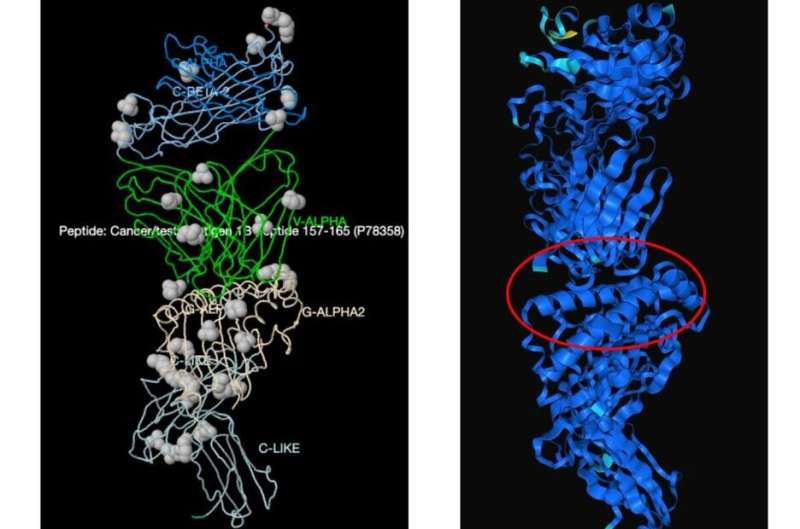T cells play a dual role in human health, acting as defenders by eliminating tumors and infected cells while sometimes contributing to disease by targeting the body’s own tissues. At the heart of this balance lies TCR-pMHC recognition, a critical process that determines whether T cells mount a protective response or trigger harmful autoimmunity. Until now, predictive models of TCR specificity have remained limited in accuracy and scope.
“Inspired by recent advances in AI-based structural biology, we sought to evaluate whether AlphaFold could be adapted to predict how T cells recognize epitopes,” said Dr. Chongming Jiang, Principal Investigator of the study. “Our findings indicate that AlphaFold can distinguish valid epitopes from invalid ones, moving us closer to reliable, high-throughput prediction of T cell responses.”
The research team reports that AlphaFold’s computational modeling enables in silico identification of immunogenic epitopes that could serve as vaccine targets. Beyond prevention, the ability to design higher-affinity and more specific T cells has the potential to enhance the safety and efficacy of T cell-based therapies for cancer, infectious diseases, and autoimmune conditions.

